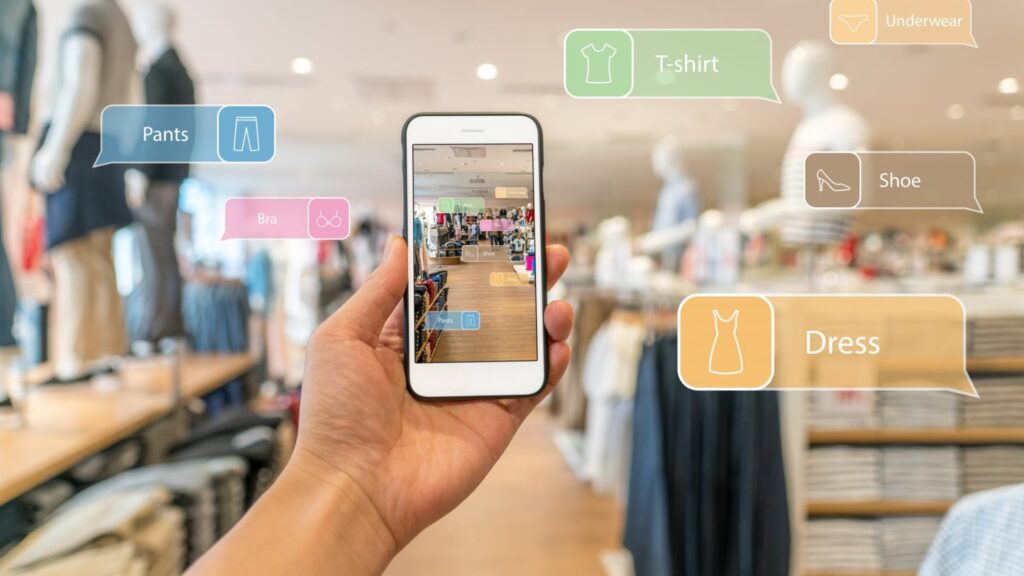December 05,2024
Introduction
Retail is undergoing a transformation, driven by cutting-edge technologies that are redefining customer interactions and operational strategies. As businesses strive to deliver more personalized and efficient experiences, innovations such as AI, AR, and IoT are becoming integral to retail success. This blog explores how these technologies are shaping the future of the industry and creating value for both businesses and consumers.
AI-Driven Personalization
Artificial Intelligence has enabled retailers to deliver hyper-personalized shopping experiences. AI tools analyze customer data to understand purchasing patterns and preferences. With this insight, retailers can create curated product recommendations, personalized promotions, and targeted marketing campaigns. Unlike traditional approaches, AI allows real-time adaptability, ensuring customers feel valued and understood.
Augmented Reality for Enhanced Shopping
AR technology is bridging the gap between online and in-store shopping. Customers can visualize how furniture might look in their living rooms or “try on” clothes using AR applications. This immersive interaction builds customer confidence in online purchases, reduces return rates, and enhances engagement, making AR a vital tool for modern retail.
IoT-Enhanced Operations
The Internet of Things simplifies inventory management and operational efficiency. Connected devices such as smart shelves and RFID tags enable real-time stock monitoring, ensuring shelves are always stocked and products are easily located. Beyond inventory, IoT can optimize supply chains by tracking shipments, enhancing delivery precision, and reducing costs.
The Rise of Contactless Payment Systems
Contactless payment solutions, such as mobile wallets and NFC technologies, have revolutionized checkout processes. These systems not only provide speed and convenience but also support a seamless shopping journey by integrating loyalty programs and personalized discounts. The adoption of these technologies signals a shift towards faster, frictionless retail experiences.
Data Analytics for Strategic Insights
Retailers are leveraging advanced data analytics to make smarter decisions. By analyzing sales patterns, seasonal trends, and customer feedback, businesses can refine their strategies to meet evolving demands. Predictive analytics takes this further, allowing retailers to forecast future trends and proactively stock popular items, enhancing both customer satisfaction and profitability.
Conclusion
Smart technologies are not just tools for innovation—they are reshaping how retailers operate and interact with their customers. Businesses that embrace these advancements stand to gain a competitive edge by delivering exceptional experiences and optimizing their operations. The future of retail is undeniably digital, and those who adapt will thrive in this dynamic landscape.

